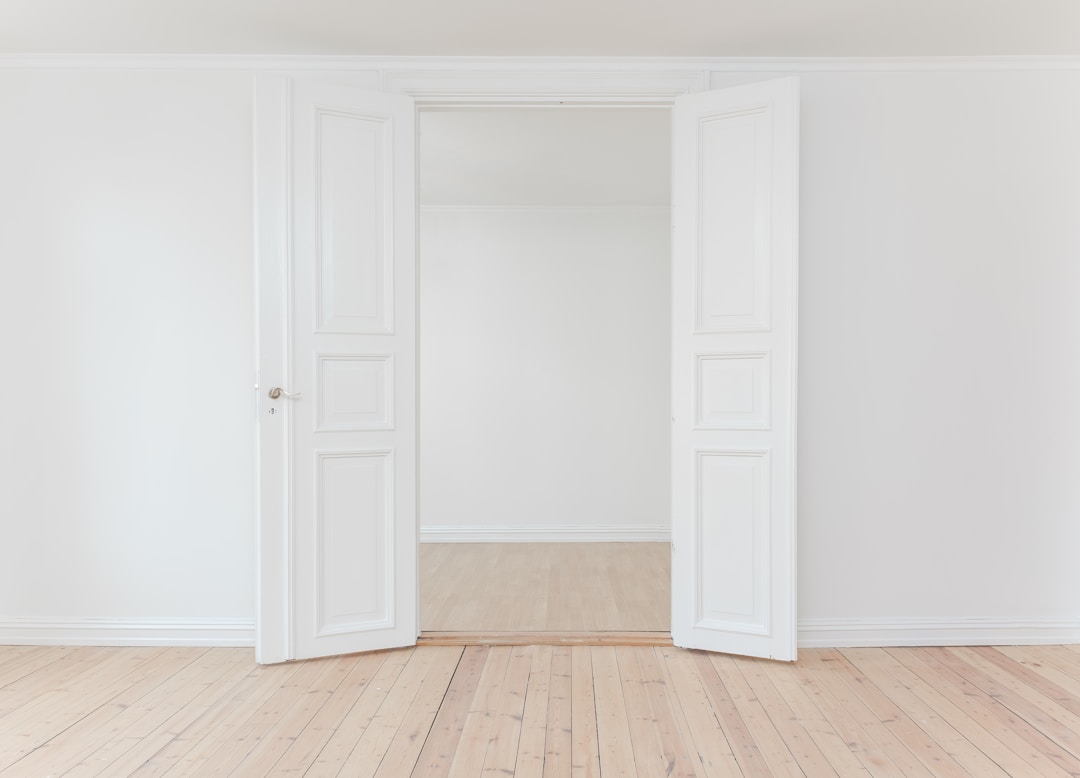One of the biggest upfront expenses of purchasing a home is the down payment, which is a portion of the purchase price that’s paid upfront at closing. The industry standard down payment is 20 percent, but most homebuyers pay an average of 12 percent down payment. The lower the amount of your down payment at closing, the more fees and interest you’ll end up paying.
Why Down Payments Matter

Lenders consider the amount of down payment a borrower can pay to determine how much money to lend and which type of loan best fits their financial situation. Too little of a down payment will result in higher interest and fees, but too much of a down payment could compromise your long-term financial life. Homebuyers need to factor in the closing costs, moving expenses, and monthly bills as well. Your savings, income, and purchase budget all determine the amount of down payment you can afford.
Once a lender preapproves a borrower for a mortgage, they will determine their eligibility for a maximum loan amount. During the application process, borrowers answer questions about their down payment amount, paycheck, employment status, debt, and assets. The credit report and credit score are also examined and used to determine if a borrower qualifies for a loan, how much to loan, and the loan terms and conditions.
Saving up for a down payment when you have a difficult financial situation isn’t easy. Outstanding debt resulting from student loans, auto loans, business debt, and medical debt often results in creditors making harassing phone calls in an attempt to collect overdue payments. The credit counselors at Citizens Debt Relief have years of experience helping clients with outstanding high-interest credit card debt live a debt-free life. The debt resolution specialists create an action plan for your specific circumstances to alleviate debt and learn personal financing best practices. With the Citizens Solution debt consolidation NYC program, expert debt negotiators represent you and take the best steps to reduce unsecured debt balance for significantly less than you owe.
How To Buy a House With No Money

Purchasing a home with no money means being responsible for covering the down payment and closing costs. You can avoid these expenses if you qualify for a zero-down mortgage or homebuyer assistance program. There are several smart strategies for buying a no-money-down home. You can apply for a VA or USDA loan, use down payment assistance, get a personal loan from a friend or family member, get the lender to pay the closing costs, or get the seller to pay the closing costs. Using these strategies could help you purchase a new home without paying any money out of pocket.
Any time the transfer of ownership of a legal title of real estate property occurs, it undergoes a process known as conveyancing. It’s a good idea to work with a conveyor who can help you every step of the way through a complex process. Buying or selling a property, subdividing land, updating a title, and registering, changing, or removing an easement requires the legal advice of a conveyancing lawyer. The best way to ensure all of your legal documentation is correct and in order is to search for “conveyance lawyers near me” and discover the legal services of PCL Lawyers. Whether you’re buying or selling a residential or commercial property, experienced legal professionals will guarantee all legal documentation is prepared, executed, verified, and lodged properly.
No Down Payment Pros and Cons

Qualifying for a no-down-payment loan comes with both advantages and disadvantages. You will have to save up less money, can become a homeowner sooner by spending less time saving, and have more cash available to make necessary repairs and updates or cover other expenses. But paying down a larger home loan balance also means it’ll take longer to start building any equity in your home. Some lenders require borrowers to purchase mortgage insurance, and borrowers pay higher interest rates. You may be required to pay some cash upfront toward closing costs.
Purchasing a home with no money down is possible, but it’s important to weigh the pros and cons and find the best lending option.

